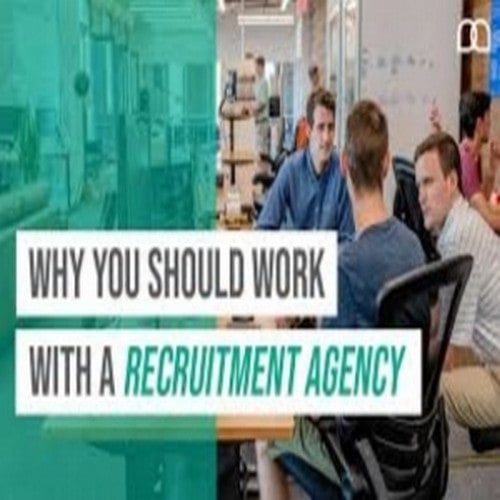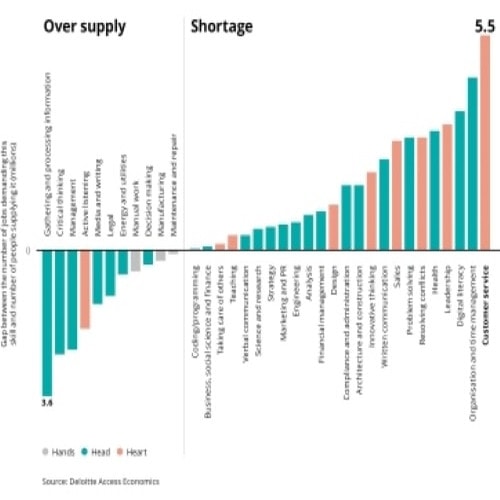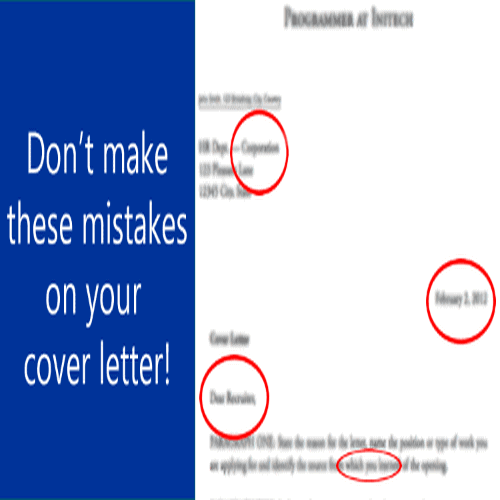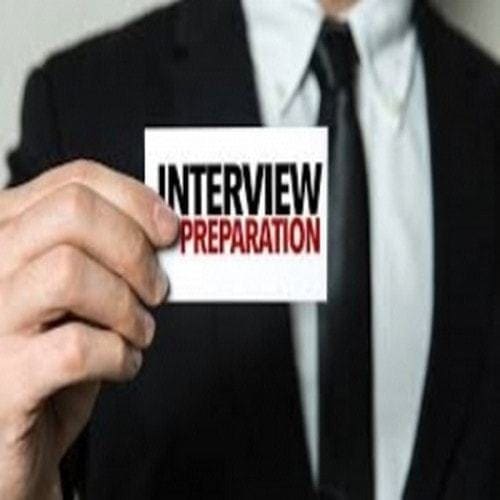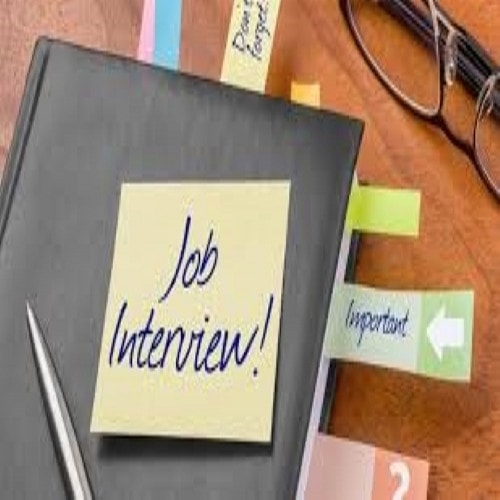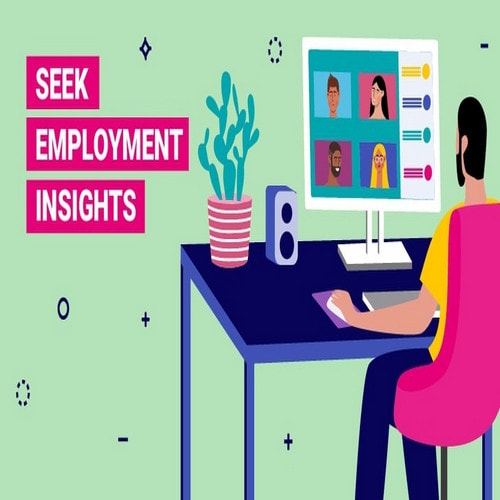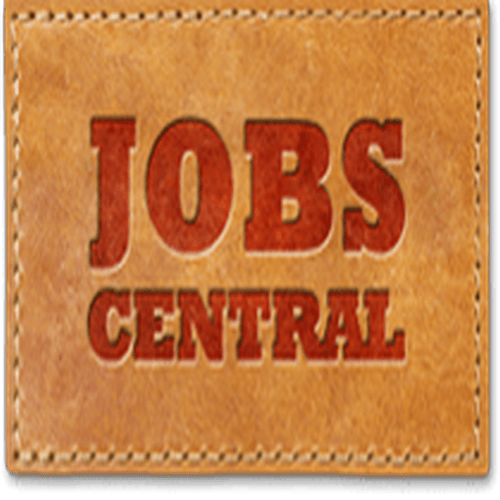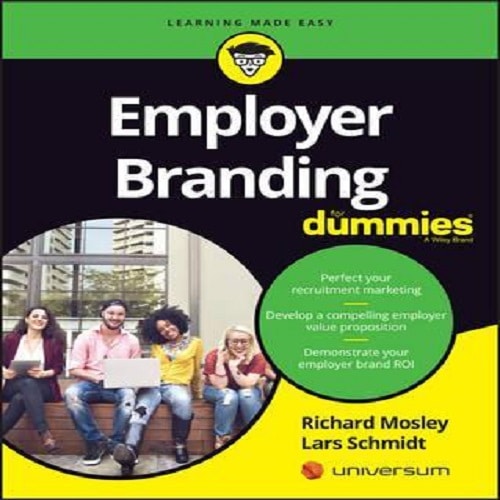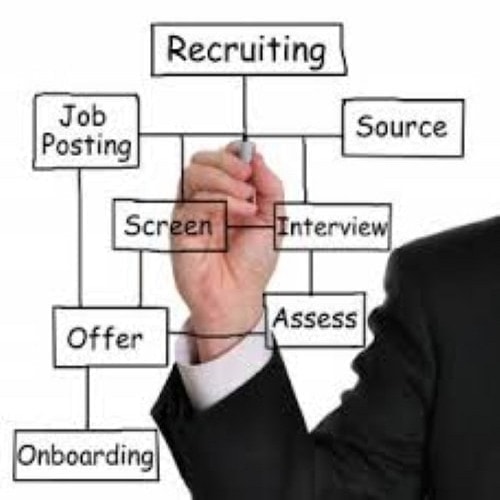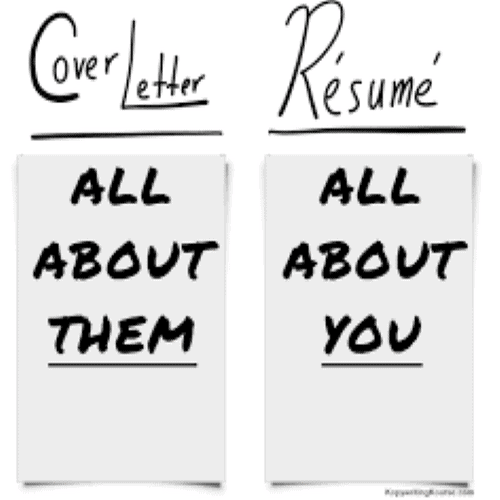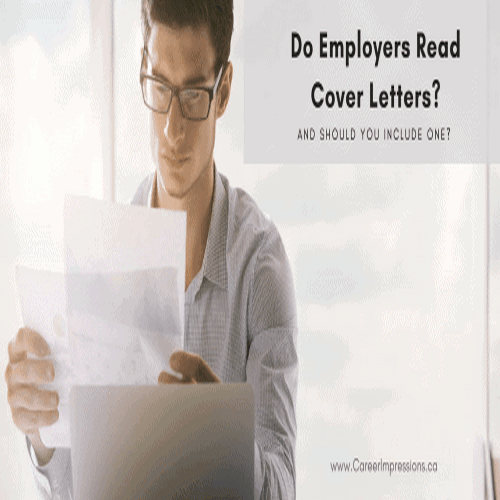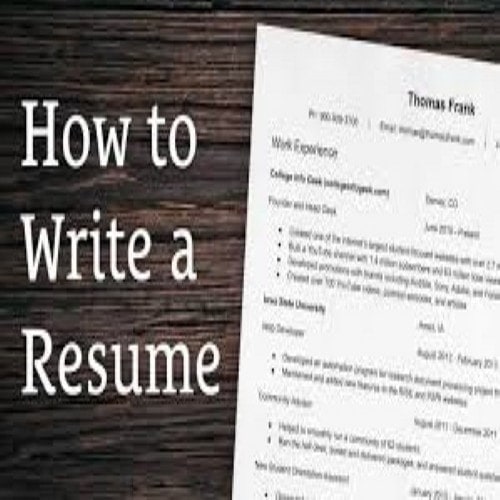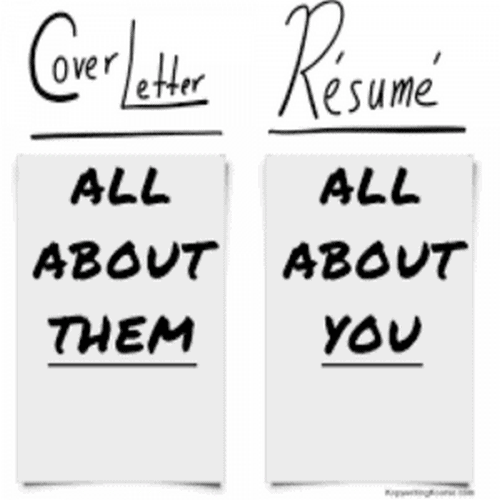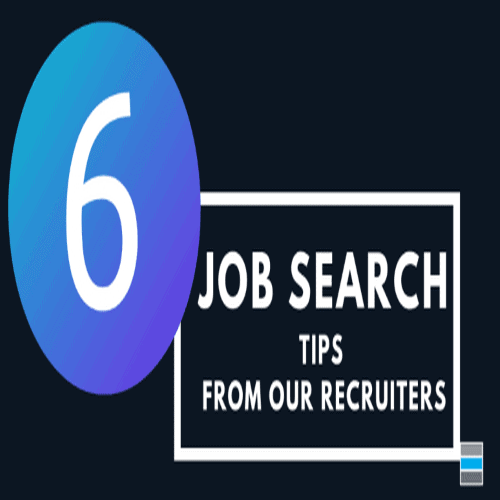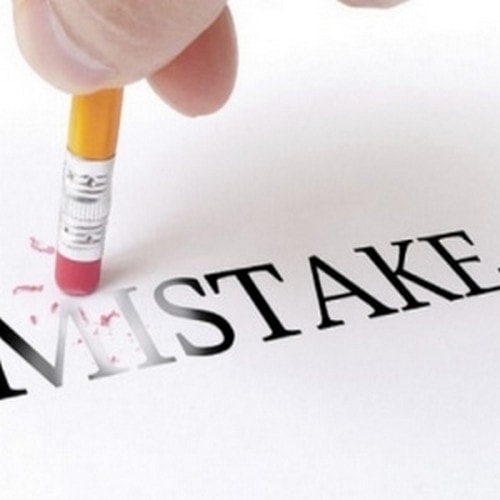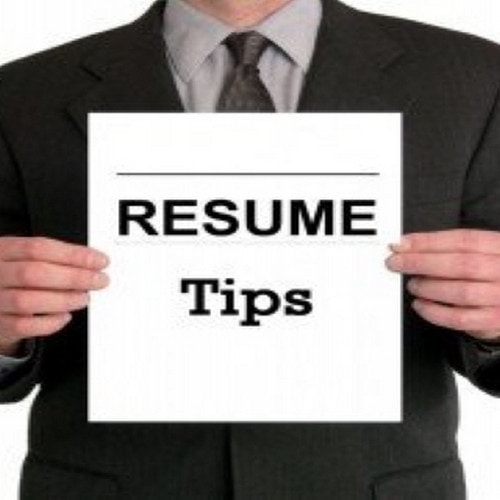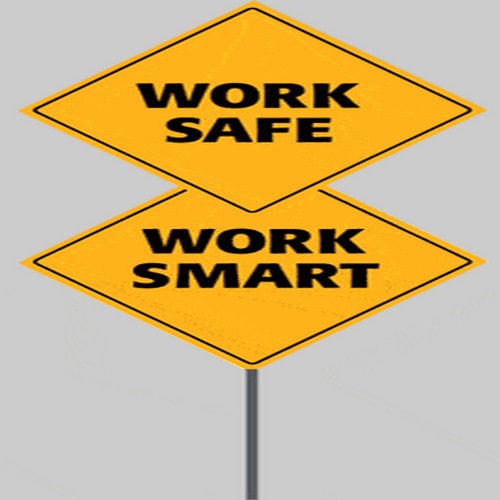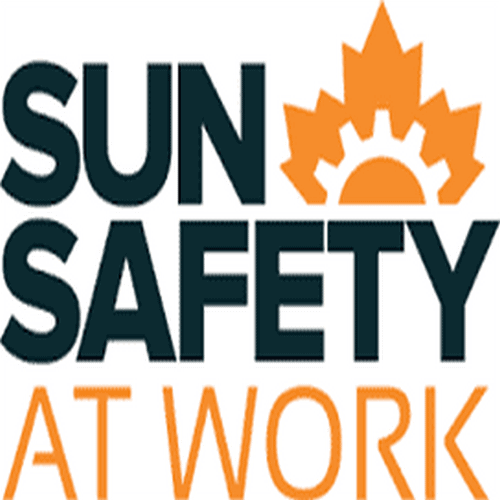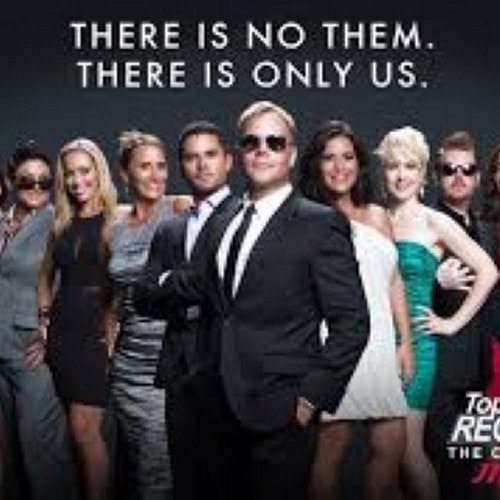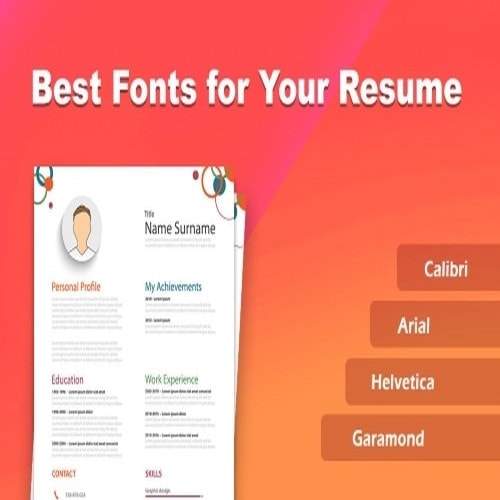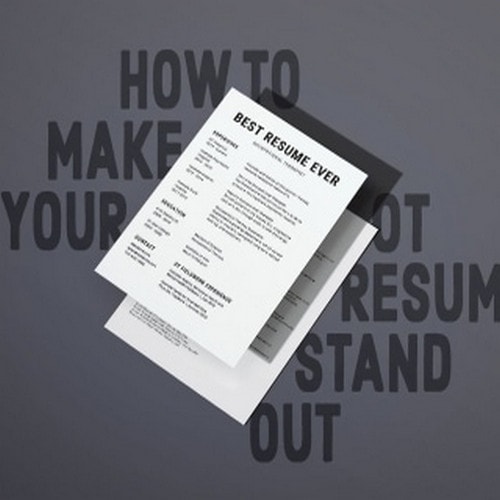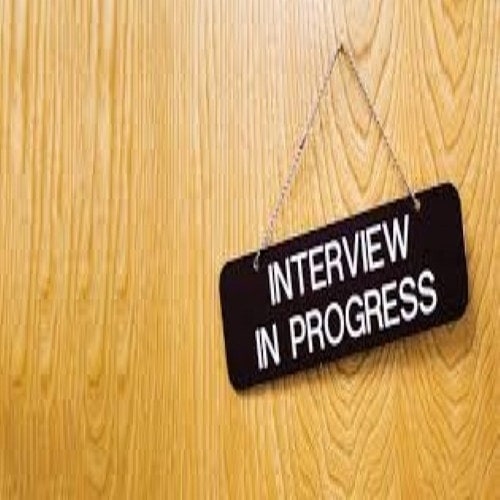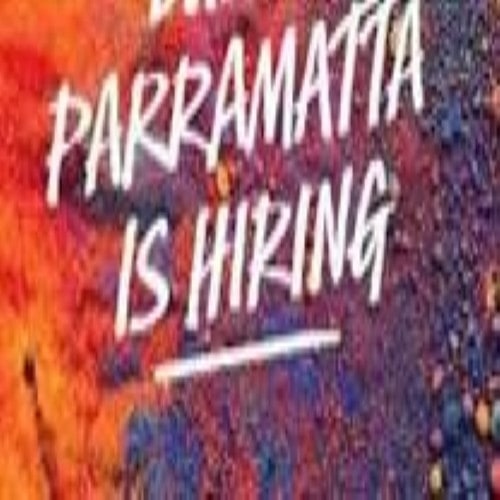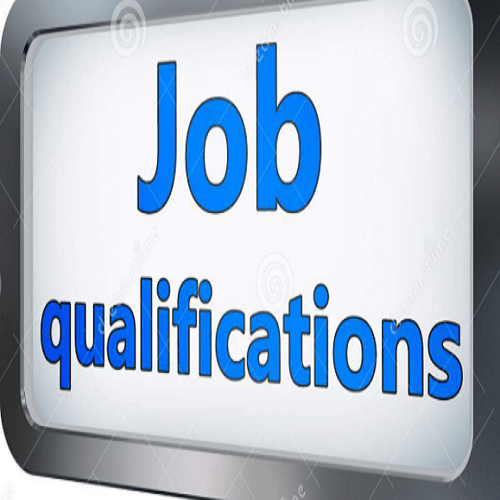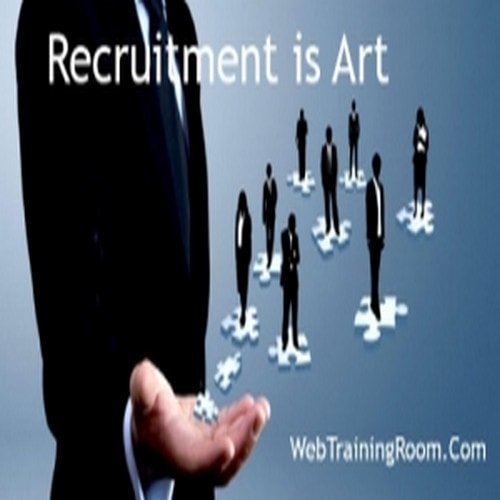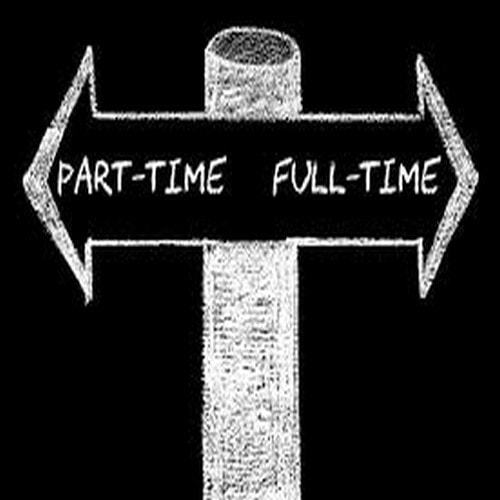Increases Safety
Drug testing makes the workplace safer and increases employee confidence, according to testcountry.org. It is always better to catch a drug or alcohol problem before an employee becomes a hazard. Knowing a drug-testing system is in place generally helps employees be more productive because they do not have to fear a drug- or alcohol-related incident jeopardizing their welfare in any way. Also, if workplace drug testing leads an employee to seek treatment, so much the better. Some employers may opt to refer
anyone testing positive to a drug treatment program so that employee has a chance to become productive again.
REDUCES ACCIDENTS
A drug-using employee is 3.6 times more likely to be involved in an accident, and five times more likely to make a worker’s compensation claim, according to the National Institute on Drug Abuse. Impaired judgment can result in slow reaction times and misguided decisions, which may also lead to an accident.
More than 17 million people over age 18 were illicit drug users in 2007, according to the U.S. Department of Labor, and more than 75 percent were currently employed. Thus, it is clear that drug testing is necessary to maintain a safe, drug-free workplace. Drug use can contribute to workplace accidents and cause an increase in absenteeism.
Workers who abuse drugs pose a safety risk in the workplace. Businesses often face higher exposure to liability due to drug-related work accidents. According to the United States Department of Labor, 10 to 20 percent of U.S. workers involved in fatal on-the-job accidents tested positive for illicit drugs and alcohol. Employers
often help employees caught abusing drugs by placing them in recovery programs at the company’s expense. This benefits the employer who can use the experienced employee (after completion of a recovery program) without having to hire and train someone new. The employee benefits from the freedom from drug addiction as well as financially, emotionally, and spiritually.
Approximately 5 percent of companies in Ireland use some form of employee drug testing, and a recent survey indicated that another 10 percent of firms were expected to introduce testing during 2005 (Irish Independent, 28 June 2005).
Typically, New Zealand employers only require WDT for high-risk jobs. According to New Zealand’s
Institute of Environmental Science and Research, which performs most of the drug tests, there has been an increase from an annual figure of 3,000 tests 10 years ago to predicted 28,000 tests in 2006. In occupations such as forestry, transport, and meat and poultry processing, the tests are carried out on a company-wide basis (Dominion Post, 4 March 2006).
A 2002 survey by the Alberta Alcohol and Drug Abuse Commission found that 8 percent of the 755
employers surveyed reported that their companies had alcohol or drug-testing programs, up from 1 percent in 1992 (Calgary Herald, 11 June 2005).
And in the US, there has been an increase of more than 1,200 percent in WDT since 1987 when the Federal Drug-Free Workplace Act was introduced, says the American Management Association. The Act requires companies receiving federal contracts or grants to provide drug-free workplaces, and encourages employers to create substance abuse policies and offer workplace training (Personnel Today, 25 January 2008 Workplace drug testing (WDT) is a relatively new phenomenon worldwide, migrating through multinationals from industrialized to developing countries. Some prescribe it as an effective way of managing substance abuse at work. But is it really? Controversy surrounds WDT. The issues range from questions of privacy to social responsibility and the role and potential responsibility of employers and private enterprise. What’s more, the discussion is beset by questions such as whether test results are truly indicative of substance abuse on the job, or if they chiefly show activities undertaken outside of the workplace.
The first argument in favor of WDT pertains most to “safety-critical” professions in industries such as medicine, transport, and construction where impaired senses and judgment can have extreme consequences; business safety in terms of productivity and property are also serious concerns. In addition, proponents of WDT argue that employers have a “duty of care” to provide a safe working environment.
The arguments for and against are vast. Opponents of the value of WDT argue that it can show only use rather than the impact on performance, nor can it distinguish between use and abuse. What’s more, WDT raises a range of ethical considerations, including the confidentiality of personal information and whether an employer has a right to know what employees do outside of working hours. Furthermore, WDT is not 100 percent reliable, producing occasional “false positives”.
The impact of substance abuse at work
According to the 2005 Annual Report of the United Nations Office of Drugs and Crime, 200 million working-age people between 15 and 64, or 5 percent of the global population, used illicit drugs at least once during 2005.
Take a closer look, and we discover that cannabis use is most prevalent in the islands of the Pacific, followed by North America and Africa. Almost two-thirds of the amphetamine and methamphetamine users of the world reside in Asia. And two-thirds of the 14 million cocaine users worldwide live in the Americas (UNODC, 2005).
Drug abuse costs the US economy more than US$250 billion each year, including about 500 million lost working days. The US Department of Labor, which estimates that up to 9 million workers in the US use drugs, says employees who abuse drugs and alcohol have 66 percent more absences and file more compensation claims than non-abusers. They are involved in about half of all workplace accidents and use 300 percent more health benefits than other employees. What’s more, the US National Institute of Health reports that 44 percent of abusers have sold drugs to other employees, and 18 percent have stolen from co-workers to support their habit (Personnel Today, 25 January 2006).
Meanwhile, in the UK between 11 and 17 million working days are lost each year because of excessive drinking alone, which costs the economy as much as £1.8 billion every year, according to Alcohol Concern. A survey by the Portman Group revealed that 63 percent of employees phone in sick after getting drunk the night before, instead of coming into work (ibid).
When tallying the money lost to a country’s economy, one must also consider the effects of increased risk of injury, depression, stress, reduced morale, increased absenteeism, and high workers’ compensation and insurance costs. For instance, alcohol and drug misuse costs businesses in Alberta, Canada more than US$400 million every year in lost productivity, says the Alberta Alcohol and Drug Addictions Commission.
TO TEST OR NOT TO TEST?
These serious factors have spurred increased interest globally in WDT in recent years. This has culminated in new legislation for some countries, increases in drug testing worldwide, and a loud and clear call from employers for more explicit guidelines on how to effectively deal with the issue.
But the debate opens up many sensitive, ethical arguments. Opponents of WDT argue that the process of drug testing amounts to an unwarranted invasion of a person’s private life and body. To counter this argument, some legislation has stipulated that WDT may only be carried out with the consent of the person to be tested. The opponents of WDT counter that “free consent” may be impossible to obtain if employees fear the consequences of refusing. And others argue that employees who refuse to take a drug test might inadvertently raise suspicions that they’ve got something to hide.
Refusal to comply with a WDT requirement which is included in an employment agreement can be interpreted as a disciplinary offense in the United Kingdom, while other countries in Europe such as Belgium and Finland believe that fundamental rights such as the right to privacy are indivisible and therefore an individual cannot consent to waive such rights. In 2001, Finland passed a new law in order to legalize workplace drug testing.
Despite the controversy, especially over random drug testing, laboratories carrying out tests in Ireland, the Netherlands, Norway, and the UK have reported an increase in demand. In France, Norway, and the Netherlands, only workers in “traditional” safety-sensitive positions are subjected to testing in any form. Pre-employment testing for screening purposes is illegal in the Netherlands. In France, only the occupational physician may decide to conduct drug tests, not the employer. Furthermore, in Finland, France, Belgium, Germany, and Austria, the result of the test is communicated to the occupational physician, not the employer. The occupational physician is only allowed to inform the employer of whether or not the person is fit for work. Meanwhile, employers in the UK and Sweden believe testing should be applied to all workers in all job types to ensure “business safety” (Ethical issues in workplace drug testing in Europe, Geneva, ILO 2003).
Other global statistics include:
Approximately 5 percent of companies in Ireland use some form of employee drug testing, and a recent survey indicated that another 10 percent of firms were expected to introduce testing during 2005 (Irish Independent, 28 June 2005).
Typically, New Zealand employers only require WDT for high-risk jobs. According to New Zealand’s Institute of Environmental Science and Research, which performs most of the drug tests, there has been an increase from an annual figure of 3,000 tests 10 years ago to a predicted 28,000 tests in 2006. In occupations such as forestry, transport, and meat and poultry processing, the tests are carried out on a company-wide basis (Dominion Post, 4 March 2006).
A 2002 survey by the Alberta Alcohol and Drug Abuse Commission found that 8 percent of the 755 employers surveyed reported that their companies had alc
And in the US, there has been an increase of more than 1,200 percent in WDT since 1987 when the Federal Drug-Free Workplace Act was introduced, says the American Management Association. The Act requires companies receiving federal contracts or grants to provide drug-free workplaces, and encourages employers to create substance abuse policies and offer workplace training (Personnel Today, 25 January 2006).
ZERO-TOLERANCE OR A CULTURE OF TOLERANCE?
ILO policy over the last decade has focused on a shift toward the prevention of workplace substance abuse and defines alcohol- and drug-related problems as health problems to be dealt with in the same manner as other health issues. However, some enterprise policies differ from their country’s respective national views. Although drug dependency in Canada is considered a disability and therefore should be accommodated in the workplace up to the point of undue hardship, many Canadian employers favour a zero-tolerance approach rather than being saddled with lost productivity and added rehabilitation costs (OS&H Canada, 1 October 2005).
Some believe that introducing a company-wide WDT policy rather than targeting individuals on the basis of reasonable suspicion is a viable solution to the problem. For instance, British Airways recently introduced a new drug and alcohol testing policy covering all UK-based staff from baggage handlers to managers. The airline says the new policy is aimed at improving efficiency and safety. Under the policy, new staff can be randomly tested in the first six months, and anyone returning to work after drug or alcohol rehabilitation can also be tested (Personnel Today, 29 June 2004).
Similarly, in the US, a National Electrical Contractors Association (NECA) chapter implemented a random drug-testing program for its contractors and all their employees, ranging from owners to secretaries. Random drug testing has long been a goal for local leaders, but politically it was a difficult program to implement. According to NECA, the US construction industry rates as the top occupation in which substance abuse is a problem. With annual testing, employees knew the exact date they would be tested, which obviously discredited any of the results. However, with random testing employees only have 8 hours notice before being tested (Quad-City Times, 5 January 2006).
An Adelaide, Australia testing lab that regularly conducts urine drug tests for doctors is calling for the compulsory drug testing of all doctors and pilots. They’ve seen test results for doctors with evidence of strong pain-killers, pethidine, morphine, and benzodiazepines, and the results have moved them to act. The Minister for Health is currently awaiting a report about the compulsory drug testing of doctors before moving ahead with a decision (Sunday Mail, 22 January 2006)
Beware the “false positive”
Say the individual consents to take the drug test, be it on the basis of random drug testing or pre-employment screening. The result returns from the laboratory showing traces of the highly addictive narcotic, heroin. What happens next? Well, despite the first conclusion, experts say that it is indeed possible that the person could have eaten copious amounts of poppy seeds, rather than taken heroin – since the two substances both derive from opium poppies. For this reason, the US Federal Government has recently raised the threshold for opiates in WDT to 2,000 nanograms a milliliter, up from 300 (New York Times, 11 January 2005).
Similarly, some say that the outcome of a drug test depends partly on the colour of one’s hair. The hair drug test is favored by some employers because it can detect drug use up to three months after use, while urine tests only go back one to three days. Yet studies have shown that dark-haired people are more likely to test positive for drugs because they have higher levels of melanin, which allows drug compounds to bind more easily to the hair (Associated Press, 31 August 2005). There is a need to validate test results and assess, through a medical professional, if positive results are indicative of substance abuse (OH&S Canada, 2005).
Such examples indicate the potential minefield faced by employers who decide to implement a drug-testing policy. Yet it is apparent that employers in all sectors want clearer guidelines on how to effectively deal with substance abuse in the workplace. A Blake Lapthorn Linnell survey of UK employers in 2004 revealed that although most employers didn’t have drug testing policies, they also didn’t know where to start. About two-thirds of respondents said the Government should introduce legislation on drug testing, provided it maintained a balance between the employer’s right to select workers who were not illegal drug users and the employee’s right to privacy (Personnel Today, 7 September 2004).
WDT good practice
If employers do decide to test, it’s important to use good practice, such as:
Policy: There must be a written policy document, the content of which is known to all concerned. The policy should include prevention, identification, counseling, treatment, rehabilitation, and details on at what stage disciplinary action will be taken.
Confidentiality: Must be strictly observed.
Quality: Initial screening and confirmation methods must be based on different principles of analytical chemistry or different chromatic separations (first test immunoassay, confirmation gas chromatography). Tests should be carried out by an accredited laboratory using accepted guidelines for procedures.
Consultation: Policy should be developed in consultation with workers and/or their representatives.
Review: Procedures should be regularly reviewed to make continuous improvement.
What should an employer do instead of, or in conjunction with, testing?
Have preventive policies and programs in place guided by the ILO Code of Practice, 1996.
ILO Code of Practice, 1996
The ILO Code of Practice, 1996 emphasizes the preventive approach, which:
calls for joint assessment by employers and workers and their representatives of the effects of alcohol and drug use on the workplace and their cooperation in developing a written policy for the enterprise; defines alcohol- and drug-related problems as health problems and establishes the need to deal with them, without any discrimination, like any other health problem at work; recommends that workplace drug and alcohol policies should cover all aspects of the prevention, reduction and management of alcohol- and drug-related problems and that the relevant information, education and training programs be integrated, where feasible, into broad-based human resources development, working conditions or occupational safety and health programs; and
goes a long way towards establishing the ethical principles vital to concerted and effective action, such as the confidentiality of personal information and the authority of the employer to discipline workers for employment-related misconduct, even where it is associated with the use of alcohol and drugs.





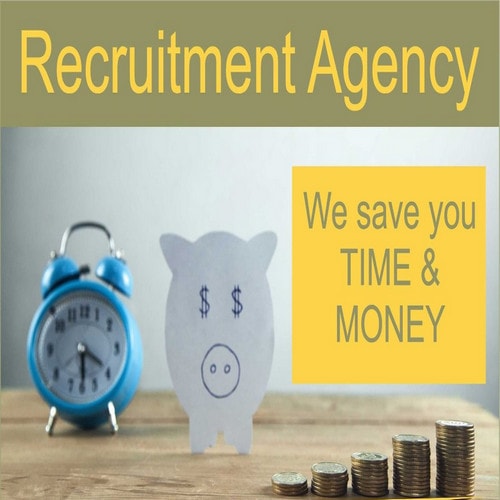
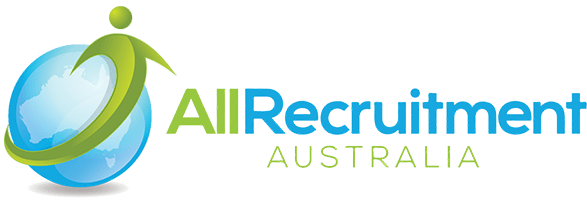
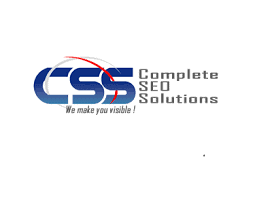

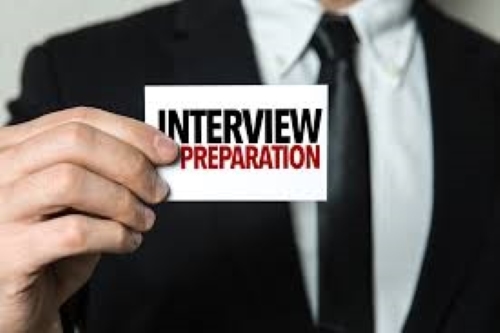


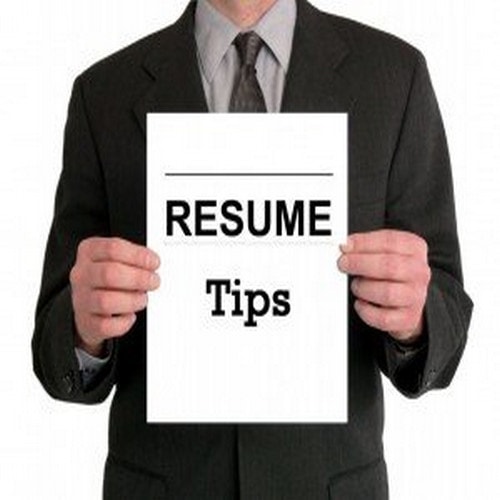




 Hands up! Who loves the sweaty palm inducing process that is the ‘dream job interview’? So far, you have impressed them with your CV and completed a great application form. You may have aced tests and now comes the face-to-face meeting.
Hands up! Who loves the sweaty palm inducing process that is the ‘dream job interview’? So far, you have impressed them with your CV and completed a great application form. You may have aced tests and now comes the face-to-face meeting.
 Managing temporary workers can be quite challenging as the rules and expectations differ significantly from those for managing permanent employees. With temps, you will need to figure out how to keep employees who will be working for you for a short duration of time interested, motivated, and excited about their job.
Managing temporary workers can be quite challenging as the rules and expectations differ significantly from those for managing permanent employees. With temps, you will need to figure out how to keep employees who will be working for you for a short duration of time interested, motivated, and excited about their job.